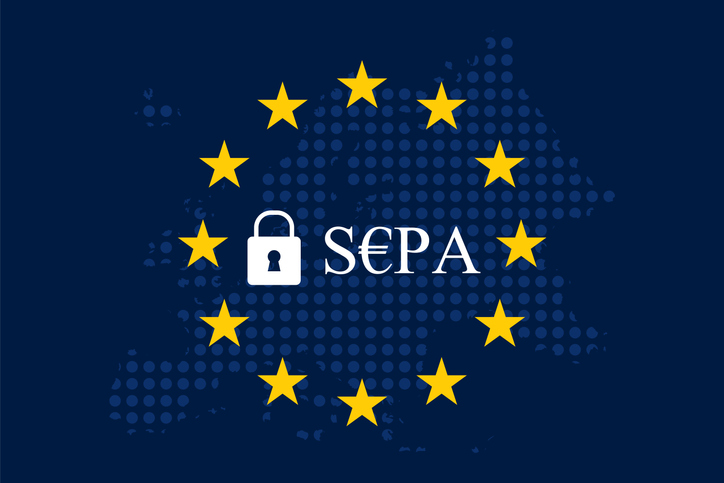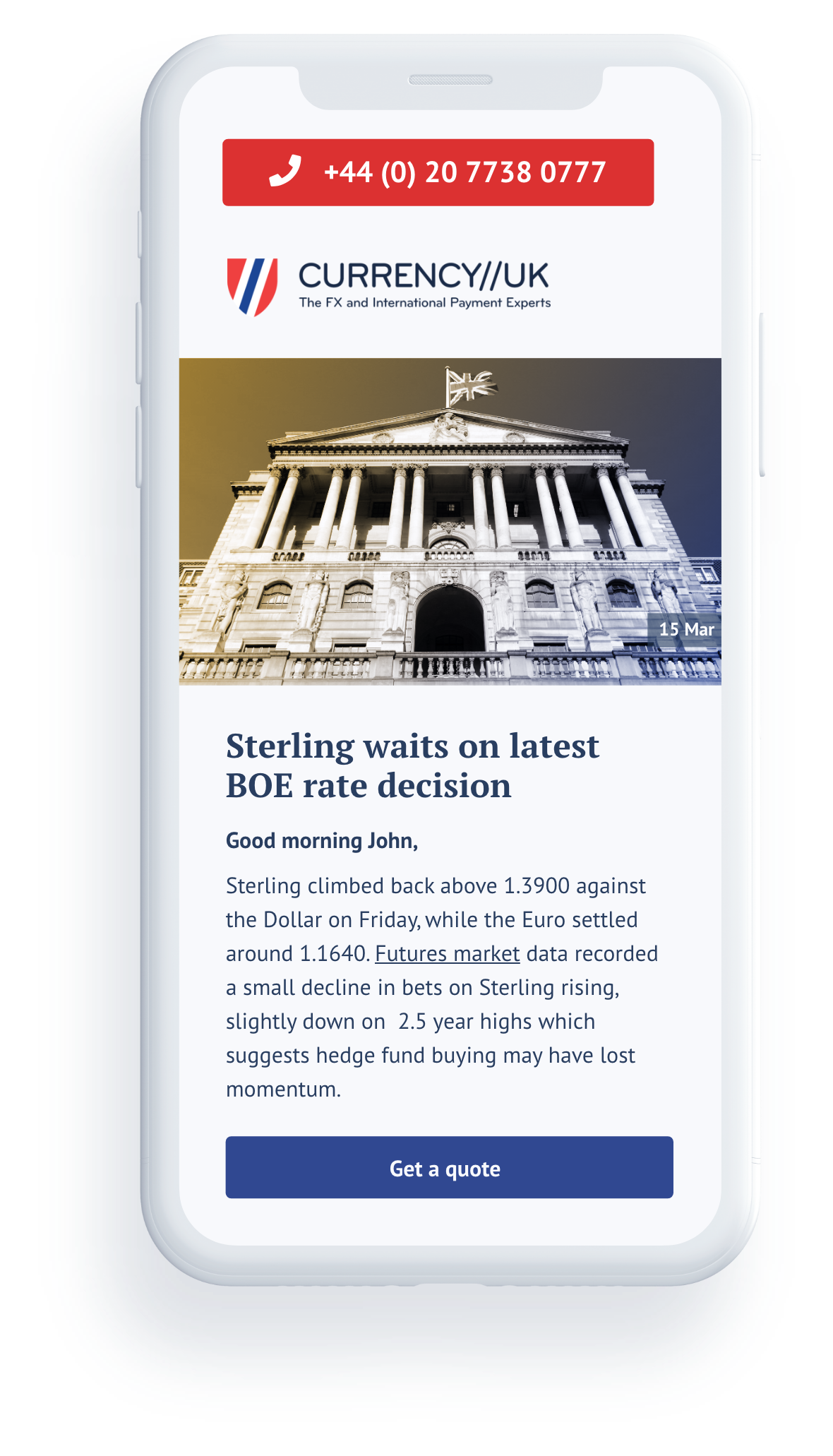UK still part of SEPA

Whilst for most of us the Brexit negotiations and finer details of how we will leave the EU are far from people’s minds due to the Coronavirus outbreak, the UK government is still adamant that we will have a deal on the table by the end of 2020.
During this negotiation period, it is important to understand what has changed and what remains the same to ensure you as an individual or as a business are both abiding by regulation but also not getting ripped off.
For this reason, this article focuses on SEPA. SEPA is the Single Euro Payments Area that exists to simplify payments that are denominated in euro. All of the EU member states are part of SEPA which leads to the question, is the UK still part of the initiative.
In terms of where individuals may come across SEPA payments, an example would be if you have made a payment from your European account and seen that there are a couple of different options such as:
-
Under 50,000.00
-
Over 50,000.00
-
Priority payment
-
Standard payment
SEPA payments are far cheaper than same day priority Euro payments and often free. It is important then to understand when SEPA payments apply and the right questions to ask, to make sure you aren’t overpaying on your foreign exchange.
As of 2020, there are 36 members of SEPA, one of which is the UK, and whilst the UK is going through the Brexit transition period this will remain the case. We have come across individuals or businesses who have been told that there are now charges in place between countries in SEPA and in the UK because the UK is not in the EU. This, for the time being, is false. This means that there are no restrictions in place for UK businesses who are sending and receiving SEPA payments. Being a member of the EU is not a determining factor in whether you are able to make SEPA payments from or to your country, there are currently seven members of SEPA who are outside the EU. These include Norway, Switzerland, Iceland, Monaco, San Marino, Liechtenstein, and Andorra.
What are the benefits to businesses if the UK remains a part of SEPA? It simply comes down to the ease of being able to make payments to Europe. Many UK businesses import and export to and from Europe and the current ability to be able to make transactions in the same way they can with Bacs in the UK is a huge benefit. If the UK were no longer to be a member it may mean that businesses have to pay more for their international payments to their current supplies or slow the process down of receiving money in. Overall, their competitiveness in the European market could suffer as a result.
Thomas made his name as the managing director of a premium arts and crafts business. And like any successful large business, it is extremely reliant on its relationship with suppliers, especially when it comes to sourcing rare and speciality materials.
Requirements are complex, and the company can’t just move from one supplier to another without jeopardising the entire business model. Two years ago, Currency UK helped Thomas rescue a rapidly deteriorating situation with his suppliers.
“As our business grew, so did a common problem with the European artisans who supplied us. They were being charged an increasing amount of receiving charges by their banks when they wanted to retrieve their payments. Our finance director had no idea what to do about these, but these charges were souring some of our supplier relationships.
“We were already using Currency UK to buy our Euros for supplier payments, which we had sent to our own Euro account. We pay the suppliers ourselves as we like to maintain control over our cash flow. During a routine catch up call from our account manager at Currency UK, it became apparent that they knew what to do about these charges. Apparently, the answer is something called a SEPA payment.
“I can’t honestly say what a SEPA payment is, but it certainly does the trick. Our suppliers are happier than ever now that they don’t have to sell a kidney to receive their payments, and they have even started to introduce us to new artisans.”
So why would the UK not want to be part of SEPA after the transition period? Well as SEPA currently allows non-EU members to remain part of the scheme it is possible that the UK could remain as a member. However, for this to be the case the UK will need to adhere to the same or similar financial services regulations as the EU. It may be then that the ball is in the UK’s court as to whether it wants to remain part of SEPA and if the government will want to adhere to legislation set out by the EU.
If you are making or receiving payments between the UK and a member of the EU or one of the other members of SEPA named in this article, then we suggest checking that you are not being overcharged for these payments. If you request that you want to make a SEPA payment, there should not be additional costs in place, as there would be with a non-SEPA member.
Whilst we can’t be sure of what will happen once the transition period is over and how that will affect SEPA payments etc, we can act as a helping hand to inform you of the most cost-effective options for your international payments.
To speak to one of our foreign exchange experts call us on +44 (0) 20 7738 0777 or click here to learn more about our services.

